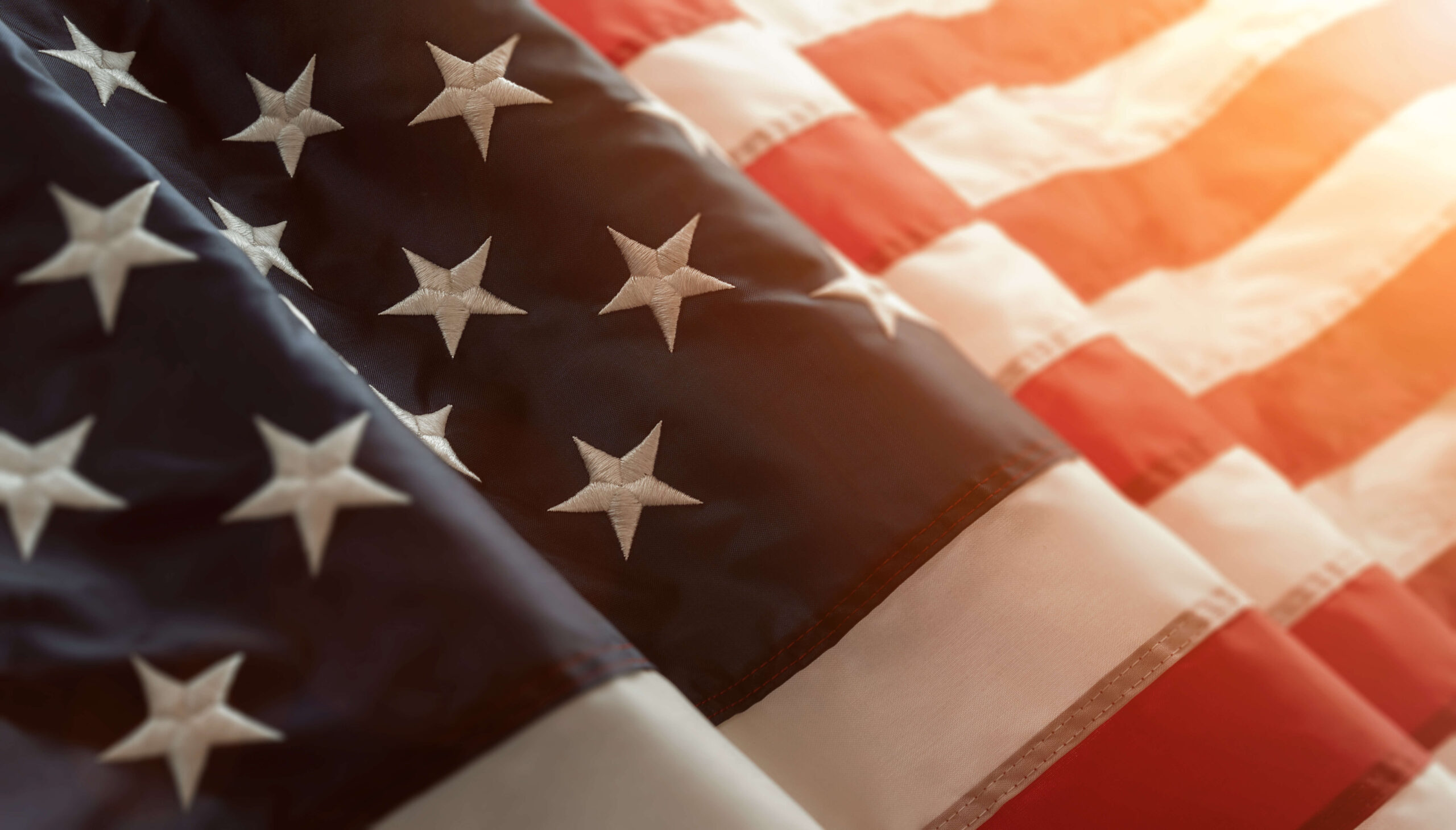POTUS Signs Bill Ending COVID-19 Emergency. On April 10, 2023, President Biden signed a congressional resolution officially ending the COVID-19 national emergency. The resolution was passed out of the U.S. House of Representatives by a vote of 229-197 (with eleven Democrats voting in favor) and cleared the U.S. Senate at the end of March by a vote of 68-23. During the national emergency, a joint regulation from the U.S. Department of Labor’s (DOL) Employee Benefits Security Administration (EBSA) and the Internal Revenue Service (IRS) tolled certain employee benefit plan deadlines including COBRA election and payment periods. According to the regulation, this tolling lasts until “sixty (60) days after the announced end of the National Emergency,” which is June 9, 2023. The COVID-19 national emergency is different from the COVID-19 public health emergency, which the administration has stated will terminate on May 11, 2023.
NLRB: Uptick in ULP Charges, Representation Petitions. According to data released late last week by the National Labor Relations Board (NLRB), the Board has received an increased number of both unfair labor practice (ULP) charges and union representation petitions during the first half of the current fiscal year (October 1, 2022, to March 31, 2023) when compared with the same time period in the previous fiscal year. The Board states that during this time, ULP charges are up to 9,592 from 8,275 (a 16 percent increase) and election petitions are up to up to 1,200 from 1,174 (a 2 percent increase). As appropriations discussions heat up on Capitol Hill, the Board’s press release detailing this data states that, “The increased case intake at Field Offices occurs as the Agency struggles with funding and staffing shortages” and that the “the Agency remains understaffed after almost a decade of flat funding.” Jesse R. Dill has the details.
OSHA Recordkeeping Changes Coming. On April 7, 2023, the Occupational Safety and Health Administration (OSHA) forwarded its latest injury and illness recording proposal to the Office of Information and Regulatory Affairs (OIRA). As proposed, the rule would largely revert back to the agency’s 2016 regulation by requiring employers “with 100 or more employees in certain designated industries to electronically submit information from their OSHA Forms 300, 301, and 300A to OSHA once a year.” OSHA also notes that it “intends to post the data from the proposed annual electronic submission requirement on a public website.” The OIRA review process can be completed in as little as a week or two, or drag out for months, but this is the last step before finalization.
Fed Contractor Persuader Proposal Advances. Also on April 7, 2023, the DOL’s Office of Labor Management Standards sent its federal contractor persuader reporting proposal to the OIRA. According to the September 2022 press release that accompanied the proposal, “The proposed revision would amend the forms to include a box for certain employers who engage in reportable persuader or surveillance transactions or agreements to indicate if they are a federal contractor or subcontractor.”
Members of Congress Press USCIS on H-1B Grace Period. In Washington, D.C., the debate surrounding the current 60-day grace period for displaced H-1B visa holders continues. This week, a group of California legislators sent a letter to U.S. Citizenship and Immigration Services’ (USCIS) director, Ur Jaddou, that reemphasizes a previous request that USCIS extend from 60 to 120 days the grace period for H-1B visa holders who have lost their jobs. Acknowledging the sometimes lengthy and difficult rulemaking process that USCIS would need to pursue to make such a change, the letter states that, “While we understand that such a change may take time, we nonetheless urge USCIS to pursue an extension of the grace period, either as a standalone regulatory change or as part of a broader effort to reform the H-1B program.” The letter argues that such a change is necessary due to the increased number of layoffs in the tech sector in recent months. Despite the renewed plea, there is likely little that USCIS can do to take a shortcut around the regulatory process.
U.S. Senators and the 17th Amendment. This past Saturday, April 8, 2023, marked the 110th anniversary of the ratification of the 17th Amendment to the U.S. Constitution. The amendment overrides Article I, Section 3 (providing that U.S. senators are elected by each state legislature), and instead allows for the direct popular election of senators. Electing senators via each state’s legislature worked well for a time, but with legislatures being inherently political, this election mechanism eventually led to voting deadlocks over who should be elected to serve in Washington, D.C., creating gaps in service.
The problem grew more pronounced following the Civil War. In fact, in the late 1890s and early 1900s, on multiple occasions Delaware simply went without a senator for nearly four years. Many states responded by changing their own processes for electing senators, and these directly elected senators became proponents of reform in Washington, D.C. Eventually, in 1911, then-Senator Joseph Bristow (R-KS), introduced a resolution to amend the Constitution to allow for direct elections. This resolution passed the Senate, and then the House about one year later. States began the ratification process in the spring of 1912 and Connecticut approved the amendment on April 8, 1913, locking in the three-fourths majority needed for ratification. On July 15, 1913, Augustus Bacon of Georgia—a former Confederate Army officer and slaveholder—became the first senator to be directly elected by popular vote.





